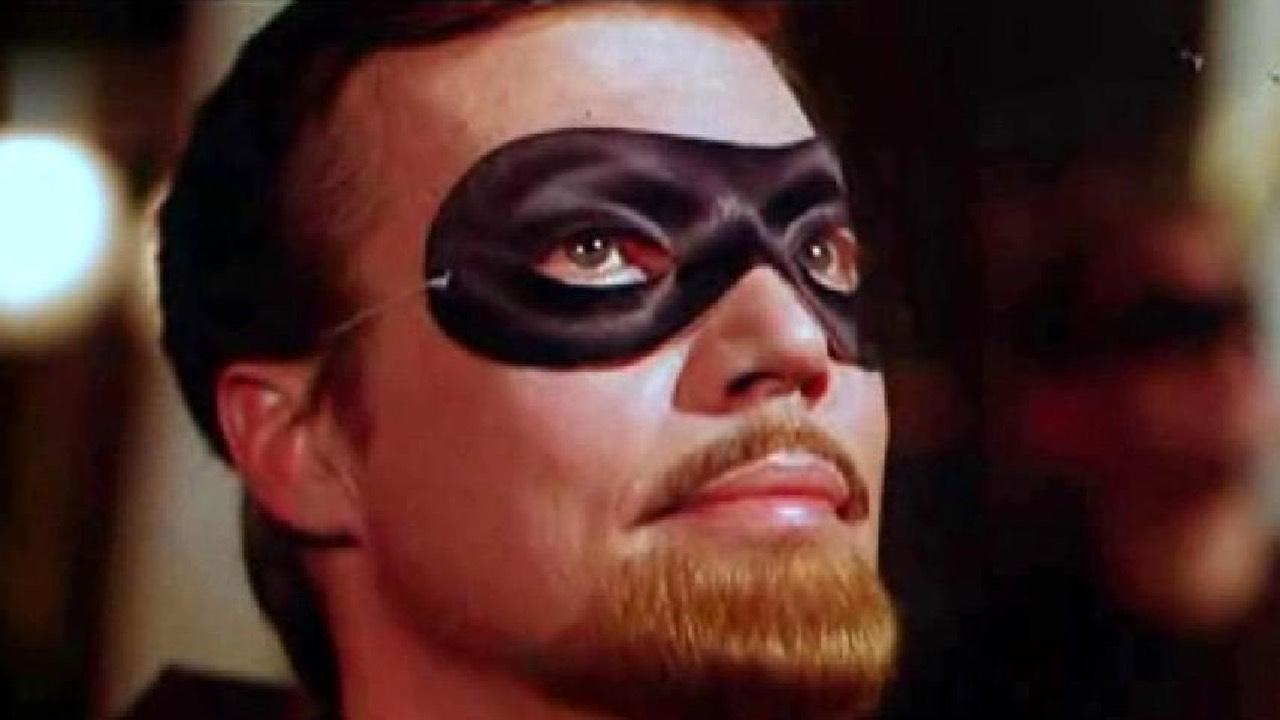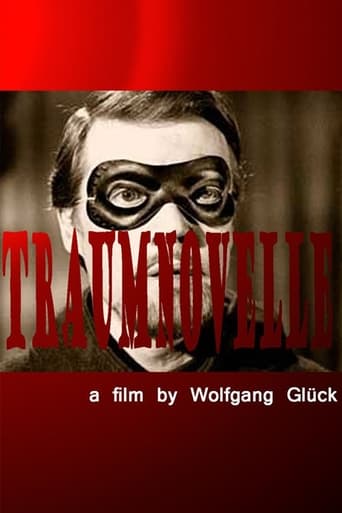Sarita Rafferty
There are moments that feel comical, some horrific, and some downright inspiring but the tonal shifts hardly matter as the end results come to a film that's perfect for this time.
gizmomogwai
Rarely do I seek out TV movies, and never before have I sought one from West Germany and Austria, where Traumnovelle was produced in 1969. My interest in seeing it is that it is based on the same novella, Dream Story, that forms the basis for Stanley Kubrick's last film, Eyes Wide Shut (1999). It is quite interesting to compare the two, namely in the number of specific events that occur in both, with identical dialogue appearing in both films. The two films feature virtually the same story, a doctor driven to jealousy when his wife tells him about her lust for other men, and then undergoing a sexual odyssey in which he is tempted by a darker world.Traumnovelle is over an hour shorter than Eyes Wide Shut, and in a way, that's part of what makes it less satisfactory. The pacing feels rushed, there's little time to absorb the dramatic elements. The suspense and tension one feels when the doctor is at the orgy is lost in this version; the orgy itself has a less ritualistic and frightening flavour, almost more absurd. The jealousy the doctor experiences, and many other important themes, are conveyed via narration. Still, Kubrick brought a much more artistic direction to the story- and such a direction can rarely be found in TV.

